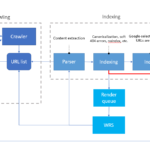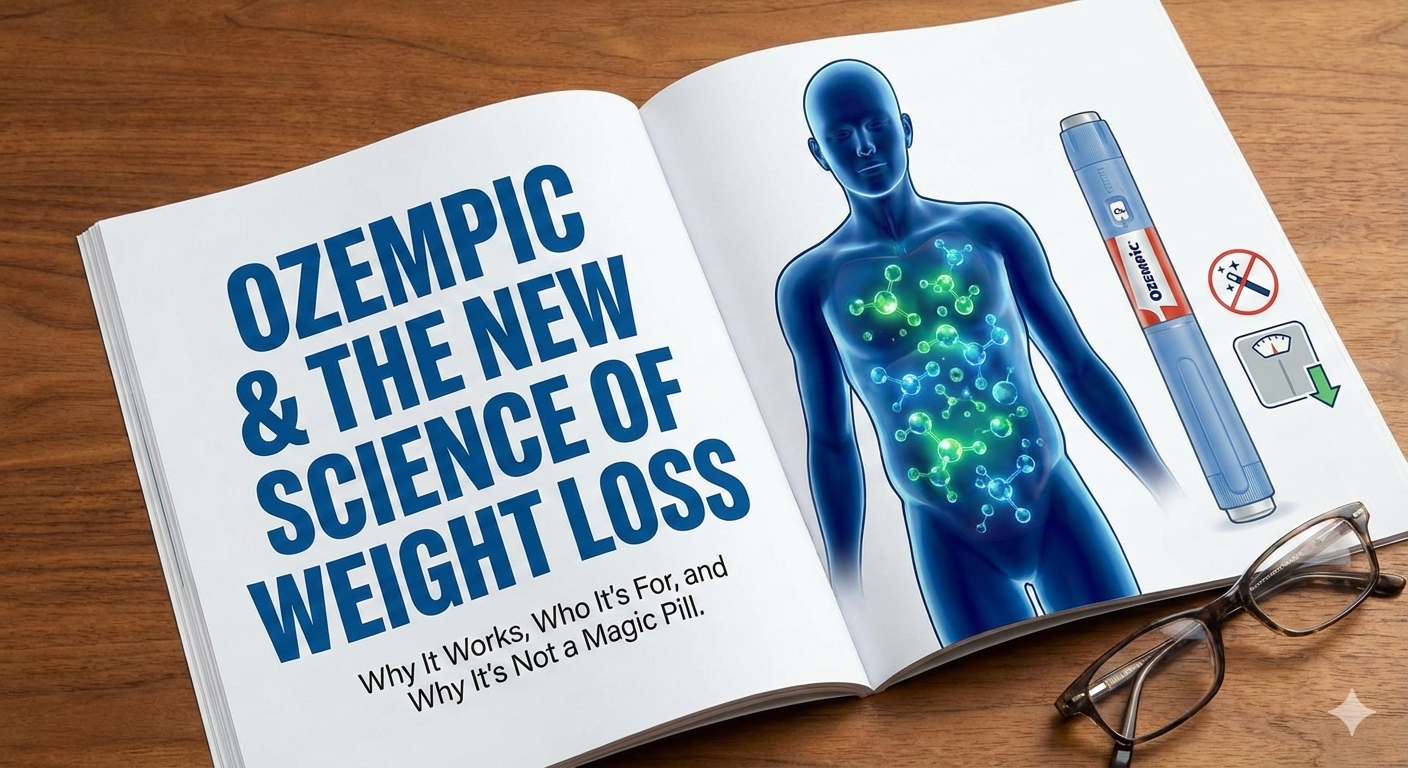🐢➡️🐇 How to Speed Up Your Metabolism Naturally
By Smriti Pandey, Fittr Coach
⚡What is Metabolism?
Metabolism is the set of life-sustaining chemical reactions that occur in our bodies to convert food and drink into energy. This energy powers everything — from breathing and digestion to walking and working out. In simpler terms, metabolism is how efficiently your body burns calories to keep you alive and functioning.
🔍 Why Should You Care About Metabolism?
A faster metabolism helps in:
- Better energy levels
- Easier weight management
- Improved body composition
- Enhanced performance and recovery
Let’s break down how you can understand and improve your metabolism.
⚙️ What Affects Your Metabolism?
Your metabolism is influenced by three key components:
🔥 BMR – Basal Metabolic Rate
This is the number of calories your body needs at rest to keep vital organs functioning — such as your heart, lungs, and brain.
- BMR accounts for 60-70% of your daily calorie burn.
- People with more muscle mass have a higher BMR.
🚶 NEAT – Non-Exercise Activity Thermogenesis
This refers to the calories burned from daily movements not related to structured exercise.
Examples include:
- Cleaning the house
- Walking the dog
- Standing instead of sitting
- Fidgeting or even tapping your fingers
These small actions can add up to hundreds of extra calories burned per day.
🍽️ TEF – Thermic Effect of Food
TEF is the energy your body uses to digest, absorb, and process food.
- Protein has the highest TEF (~20-30%), meaning your body burns more calories digesting protein compared to carbs or fats.
- This is why high-protein diets are often recommended for fat loss and metabolism support.
🔝 Can You Increase Your Metabolism?
Yes, absolutely! Your metabolism isn’t fixed — it can be optimized through lifestyle and nutrition strategies. Here’s how:
💪 Muscle Mass and Metabolism: What’s the Connection?
Muscle is metabolically active tissue.
- 1 kg of muscle burns more calories at rest than 1 kg of fat.
- More muscle = higher BMR = faster metabolism.
This is why strength training is crucial — not just for aesthetics, but for metabolic health.
🧓 Why Metabolism Slows Down With Age
Contrary to popular belief, age isn’t the sole reason metabolism slows. The real culprit is muscle loss, which tends to occur due to reduced activity and poor nutrition.
- Staying active
- Eating adequate protein
- Engaging in regular resistance training
…can preserve and even build muscle as you age, keeping your metabolism robust.
🏋️ How Resistance Training Boosts Metabolism
Resistance training (like weightlifting, resistance bands, or bodyweight exercises):
- Builds and preserves muscle mass
- Increases resting energy expenditure (BMR)
- Enhances insulin sensitivity
- Reduces body fat
Pro tip: After strength training, your body continues to burn calories for hours — this is called the afterburn effect (EPOC).
✅ 5 Smart Tips to Boost Your Metabolism
Here’s a practical checklist to get your metabolism firing on all cylinders:
- Lift Weights Regularly
- Aim for 3–4 resistance sessions a week
- Increase Daily Movement (NEAT)
- Take the stairs, walk after meals, stretch hourly
- Eat More Protein
- Include protein in every meal (1.2–2.2 g/kg body weight)
- Prioritize Sleep & Recovery
- 7–9 hours of restful sleep helps regulate hormones
- Stay Hydrated
- Water is essential for all metabolic processes
💡 Bottom Line
A strong metabolism isn’t just about how many calories you burn — it’s about how well your body uses energy, maintains muscle mass, and supports long-term health.
So instead of looking for quick fixes, focus on:
- Building strength
- Staying active daily
- Eating right
- Sleeping well
Your metabolism will thank you for it!
✅ Bonus Tip from Smriti Pandey:
“Lift weights. Sleep well. Fuel your body. Train smart. Recover better. That’s the metabolism game — simple and sustainable.”
🔖 Tags:
#FittrCoach #SmritiPandey #MetabolismBoost #MuscleMatters #HealthyLiving #NutritionTips #FatLossJourney #FitnessMotivation #StrengthTraining #WeightLossTips #Wellness #NEAT #BMR #TEF #ProteinPower









